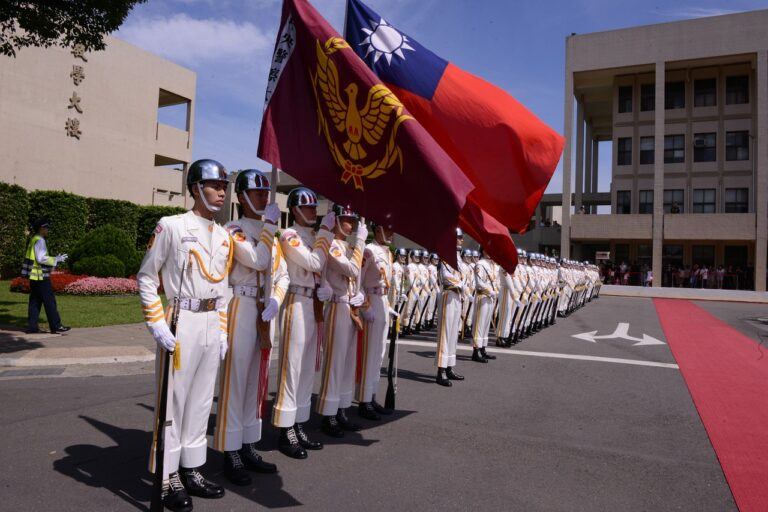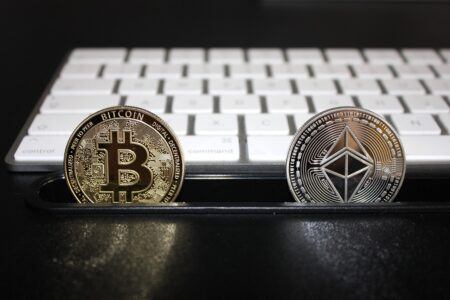Taiwan’s financial regulator, the Financial Supervisory Commission (FSC), is reportedly considering to allow convenience stores in the country to conduct cash transactions involving cryptocurrencies.
FSC chairman, Wellington Koo, recommended on Thursday that digital currency-related cash transactions be allowed “under daily limits.” Local crypto firms have advised that the maximum daily limit be “set at NT $100,000 (3,260 USD) to NT $20,000 (652 USD).”
Daily Limits On Cash Transactions
According to Koo, cash transactions with cryptocurrencies seldom “exceed NT $10,000”, or $350. However, before possibly permitting local merchants to facilitate crypto-to-fiat transactions, the commission is looking for ways to effectively monitor them in order to prevent their use in illicit activities.
As many regulatory authorities have warned, Koo cited concerns about the the use of pseudonymous cryptocurrencies in money laundering. In order to help prevent illicit activities carried out using digital currencies, the FSC instructed Taiwanese (officially the Republic of China) financial institutions in July to open bank accounts for crypto traders.
This requirement would then make it compulsory for local crypto investors to disclose their real name and other information related to AML/KYC checks. Koo said most crypto-related businesses in Taiwan have been supportive and are ready to comply with regulatory policies and requirements to prevent unlawful activities.
According to the Taipei Times, the FSC recently requested the Bankers Association of the Republic of China, a consortium of 62 commercial banks and financial holding companies, to formulate self-regulatory processes and “risk-control measures” for crypto assets.
Cryptocurrencies Will “Not Retain Value”
Sherri Chuang, the deputy director-general of Taiwan’s Banking Bureau, said that updated cryptocurrency regulations would be drafted and put in place next month. Chuang also recommended that local digital asset trading desks work closely with banks.
She noted that if a crypto transaction exceeds a daily limit of NT $100,000, then the company facilitating the exchange must refund the extra amount.
In August, CryptoGlobe reported that Taiwan’s central bank governor, Yang Chin-long, said cryptocurrencies do not have the “trust element” that fiat currencies have and they might collapse.
Ching-long explained that if a currency lacks the trust element, then it will not be able to retain value and cannot function effectively as a medium of exchange – a view shared by giant Wall Street investment bank Goldman Sachs.








